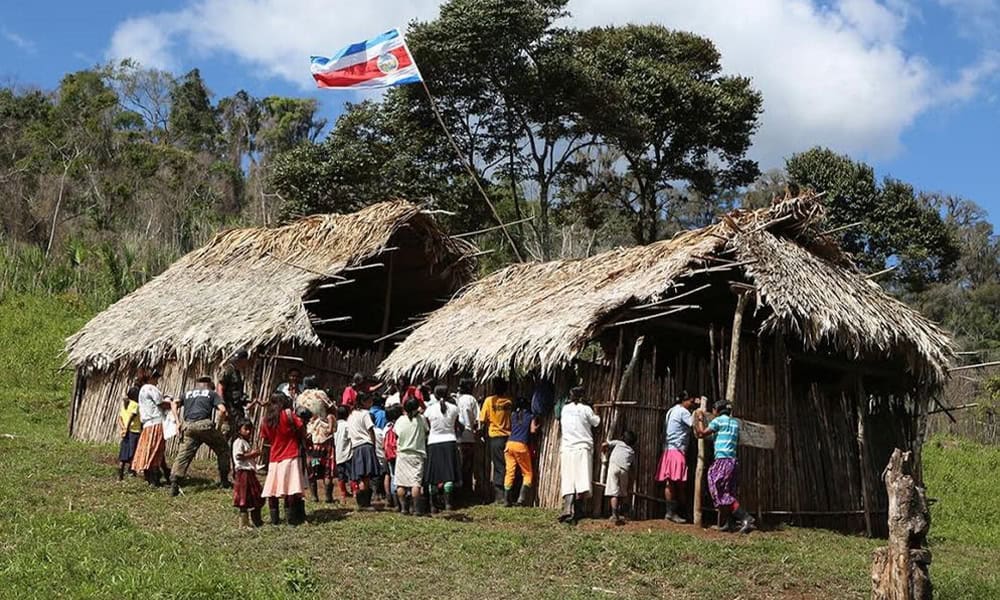The Indigenous populations of Costa Rica have suffered from the neglect of the government and its institutions. In this case, unfortunately, a 29-year-old woman died after being bitten by a snake in the Indigenous village of Alto Blei in Telire, Talamanca, in Limón. On Sunday, at around 1 p.m., the 29-year-old woman was bitten by a velvet snake. She was working on a farm with her husband far from home when the incident happened.
Family members managed to transfer her on a hammock to a place where they could communicate with the Costa Rican Social Security Fund (CCSS) to request help. However, immediate transfer or medical attention was impossible, as the CCSS informed them that helicopter assistance is suspended. After reporting the emergency and conveying the poor health condition of the young woman, attempts were made to seek help and coordinate an emergency flight for Monday. However, the woman died late Sunday night.
Unfortunately, around 7 p.m., the young woman had convulsions and went into respiratory arrest. Later, at 10:00 p.m., she apparently suffered another respiratory arrest and, sadly, died. The community has made requests to the CCSS to improve medical attention for this population, but despite the promises, no actions have been taken.
According to the Association for the Integral Development of the Cabécar Telire Indigenous Reserve, flights for emergency health care are suspended, and medical personnel arrive only once every three months at the area’s clinics. The service provided every three months is insufficient, considering that the population is between 800 and 900 people.
In this particular case, access to the site on foot is too complicated, as it’s a dangerous road with a lot of mud, rivers, and cliffs. It takes approximately three days to reach the village, which is why helicopters are essential. “This is one of the great concerns of the population and we feel very vulnerable,” said Raimundo Morales, spokesman for the Association for the Integral Development of the Cabécar Telire Indigenous Reserve.






